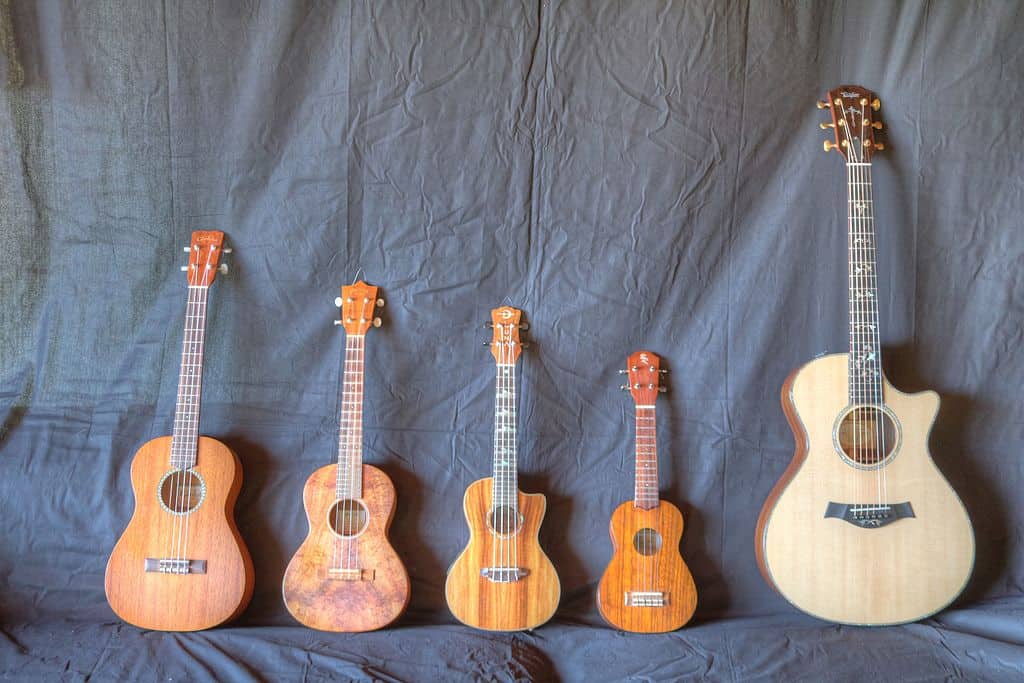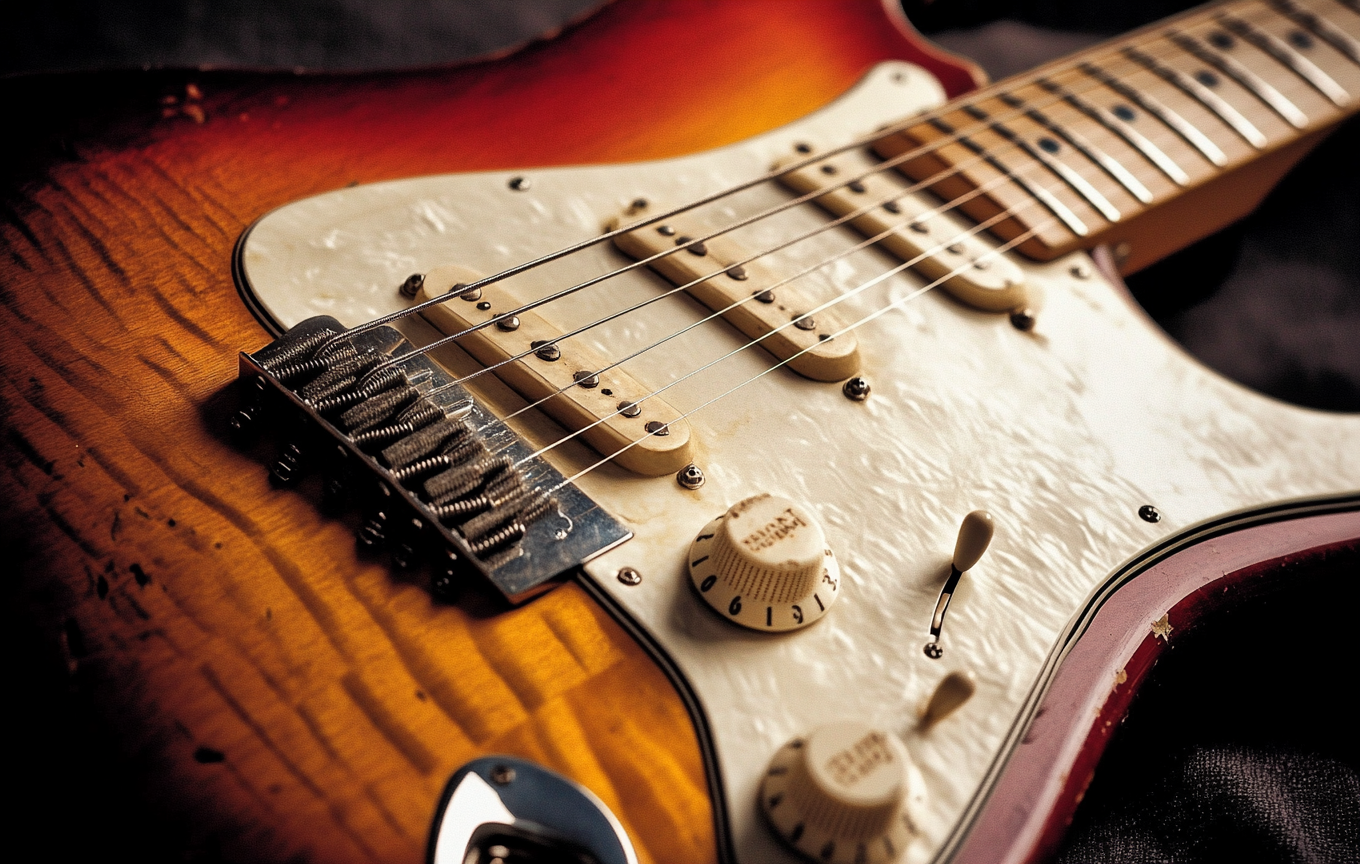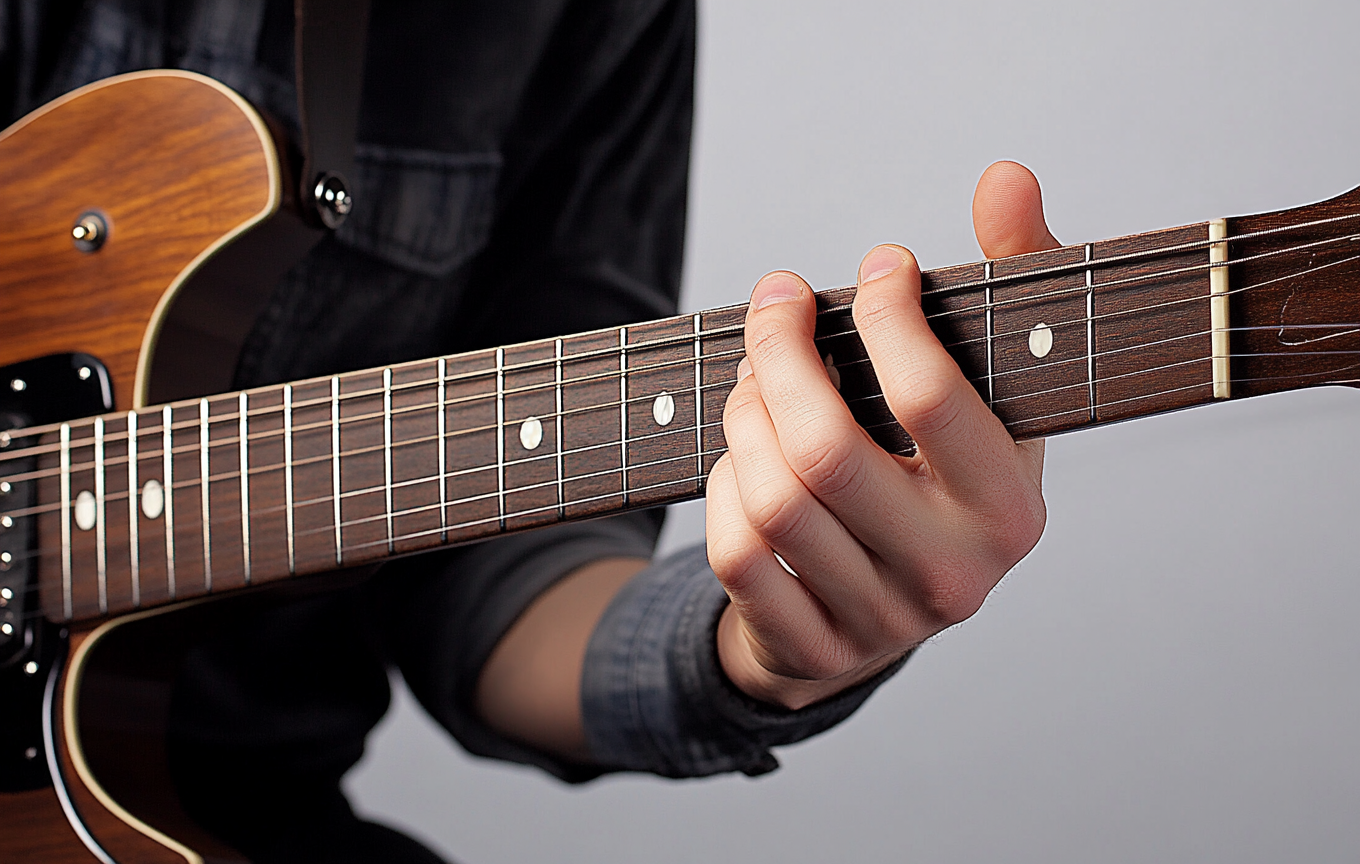Guitar vs Ukulele
The guitar and ukulele are two popular string instruments that have captured the hearts of musicians and enthusiasts worldwide. While they share similarities in terms of playing technique and musicality, they also have distinct characteristics that set them apart. In this article, we will dive into the world of the guitar and ukulele, comparing and contrasting their features, sounds, and versatility.
Guitar vs. Ukulele: Exploring the Differences and Similarities
Size and Construction
One of the most noticeable differences between the guitar and ukulele lies in their size and construction. The guitar is larger, measuring around 38-41 inches in length, with a deep body and a longer neck. It typically has six strings, although variations with seven or twelve strings exist. On the other hand, the ukulele is much smaller, usually around 20-23 inches in length, with a compact body and a shorter neck. It has four strings, commonly tuned to G-C-E-A.
The guitar's larger size allows for a greater range of pitches and tonal possibilities. Its deep body and longer scale length contribute to its resonant sound and sustain. The ukulele, with its smaller body and shorter scale length, produces a brighter and more delicate sound.

Tuning and Playing Technique
Both the guitar and ukulele are fretted instruments and utilize similar playing techniques, such as strumming, fingerpicking, and chord formations. However, there are differences in their tuning and approach to playing.
The guitar is traditionally tuned in standard tuning (E-A-D-G-B-E) or alternative tunings, depending on the desired sound and style. This allows for a wide range of chord voicings, melodic lines, and harmonic possibilities. The guitar's six strings provide a broad tonal spectrum, from low bass notes to high treble tones.
The ukulele, on the other hand, is typically tuned to G-C-E-A, with the G-string pitched higher than the other strings. This tuning gives the ukulele its characteristic sound and facilitates easy chord formations for beginners. While the ukulele has a narrower range compared to the guitar, it excels in producing melodic strumming patterns, rhythmic accompaniment, and a sweet, ukulele-specific sound.
To have the best result, remember to download tuner apps on your smartphone. Guitar Tunio is one of the best app you can find. The app features a reliable tuner for violin, cello, guitar, and many other stringed instruments, a rich chord library, and even more. This app is available on the App Store and Google Play, check it out to explore.

Sound and Musical Styles
The guitar and ukulele each have a unique sonic signature that lends itself to different musical styles and genres.
The guitar's versatility allows it to be used in a wide range of musical genres, including rock, pop, blues, jazz, folk, country, and classical. Its rich and resonant tones can provide rhythmic strumming, intricate fingerpicking, and expressive solos. The guitar's larger size and string count allow for greater dynamic range and tonal complexity.
The ukulele, with its distinctive sound and tropical associations, is often associated with Hawaiian music. However, its charm extends beyond that genre, finding a place in pop, folk, indie, and even jazz music. The ukulele's bright and cheerful tones lend themselves well to rhythmic strumming, simple chord progressions, and sing-along melodies. Its compact size and lightness make it an accessible and inviting instrument for beginners and casual players.
Portability and Accessibility
Both the guitar and ukulele offer portability and accessibility, albeit to varying degrees.
The guitar, while larger and bulkier than the ukulele, is still a portable instrument that can be easily carried to gigs, rehearsals, or jam sessions. Its popularity and prevalence make it widely available in music stores, with a vast range of price points, styles, and options to suit different budgets and preferences. The guitar's popularity also means there is a wealth of learning resources, tutorials, and sheet music available for players of all levels.
The ukulele's smaller size and lightweight nature make it highly portable and travel-friendly. It is often considered an excellent instrument for beginners due to its manageable size, affordability, and relative ease of learning basic chords and strumming patterns. The ukulele community is also known for its inclusivity and supportive nature, with numerous online communities, forums, and events dedicated to the instrument.

In conclusion, while the guitar and ukulele are both string instruments, they have distinct characteristics that make them suitable for different musical styles and playing preferences. The guitar's larger size, wider range, and versatile sound make it a staple in various genres, allowing for intricate melodies, chord progressions, and dynamic performances. The ukulele's smaller size, unique sound, and accessible nature make it an excellent choice for those looking for a portable and cheerful instrument that brings joy and simplicity to music-making.
Ultimately, the choice between the guitar and ukulele boils down to personal preference, musical goals, and the type of sound and playing experience one seeks. Whether strumming chords on a sunny beach with a ukulele or shredding electric guitar solos on a grand stage, both instruments offer their own brand of magic and can bring countless hours of joy and musical exploration.







